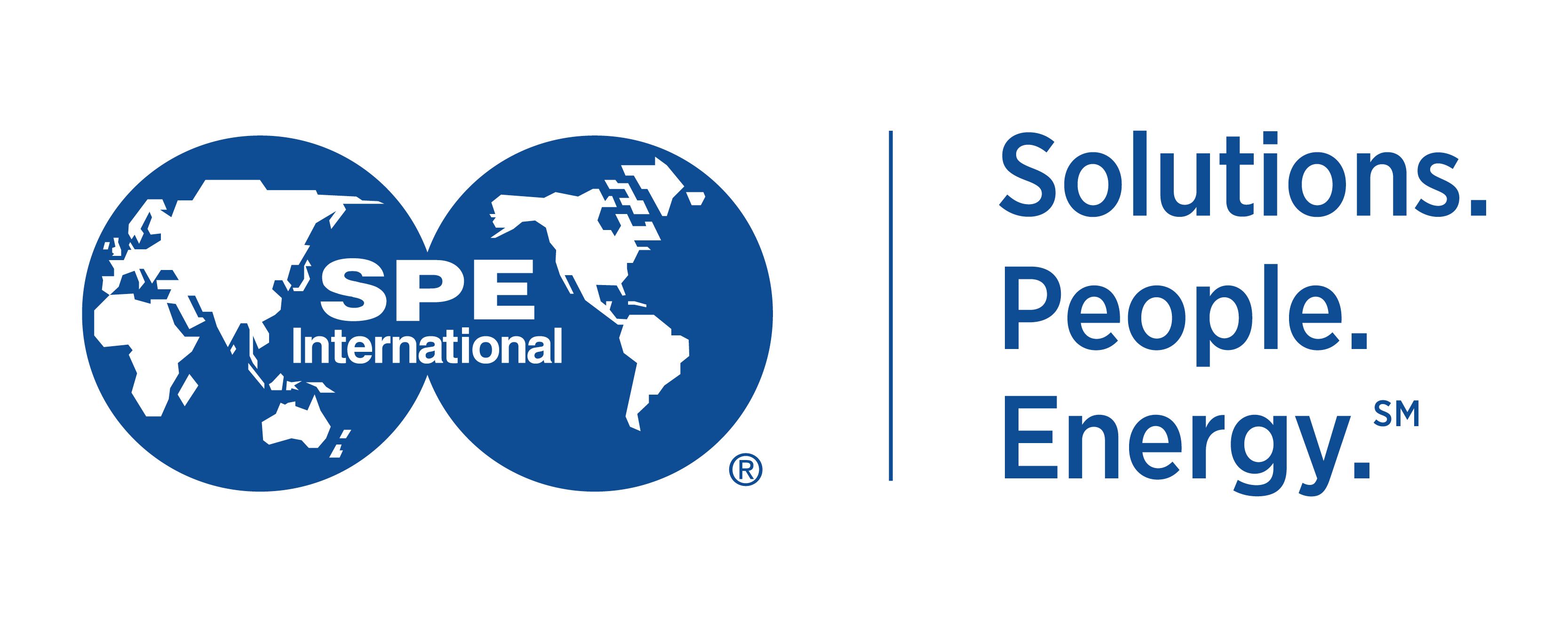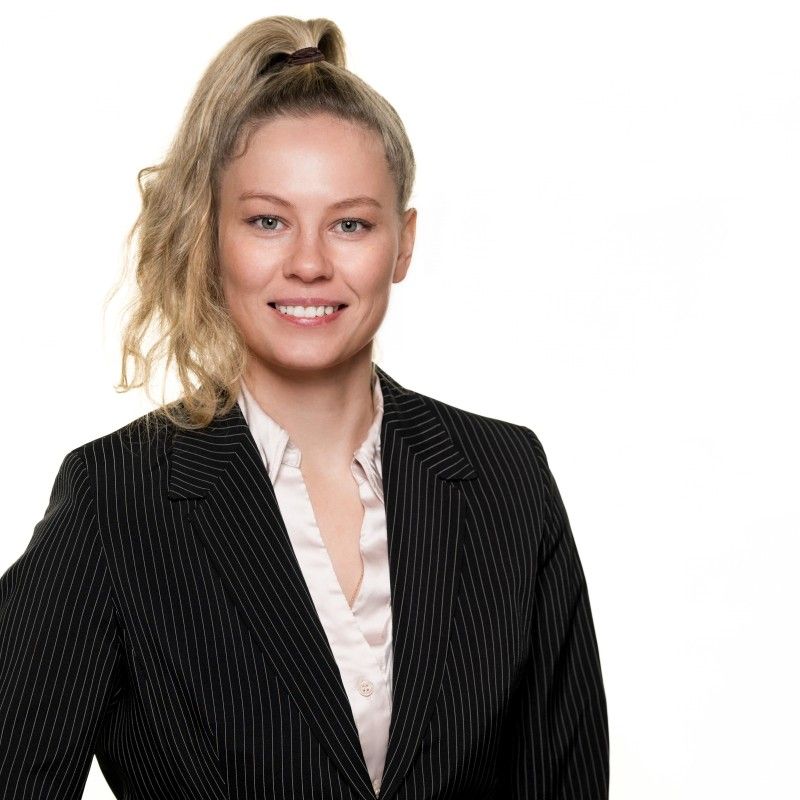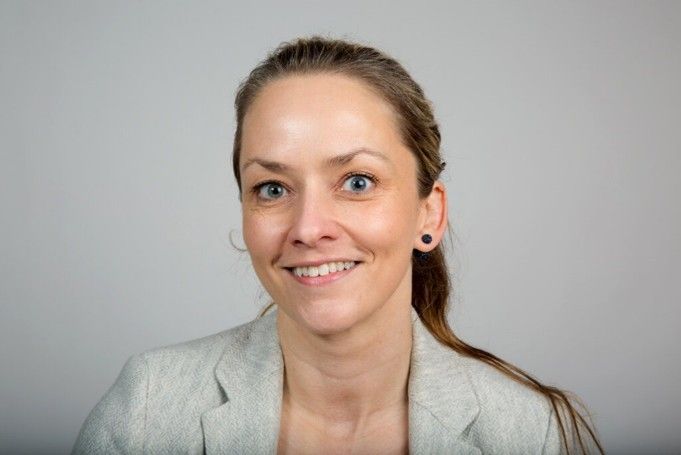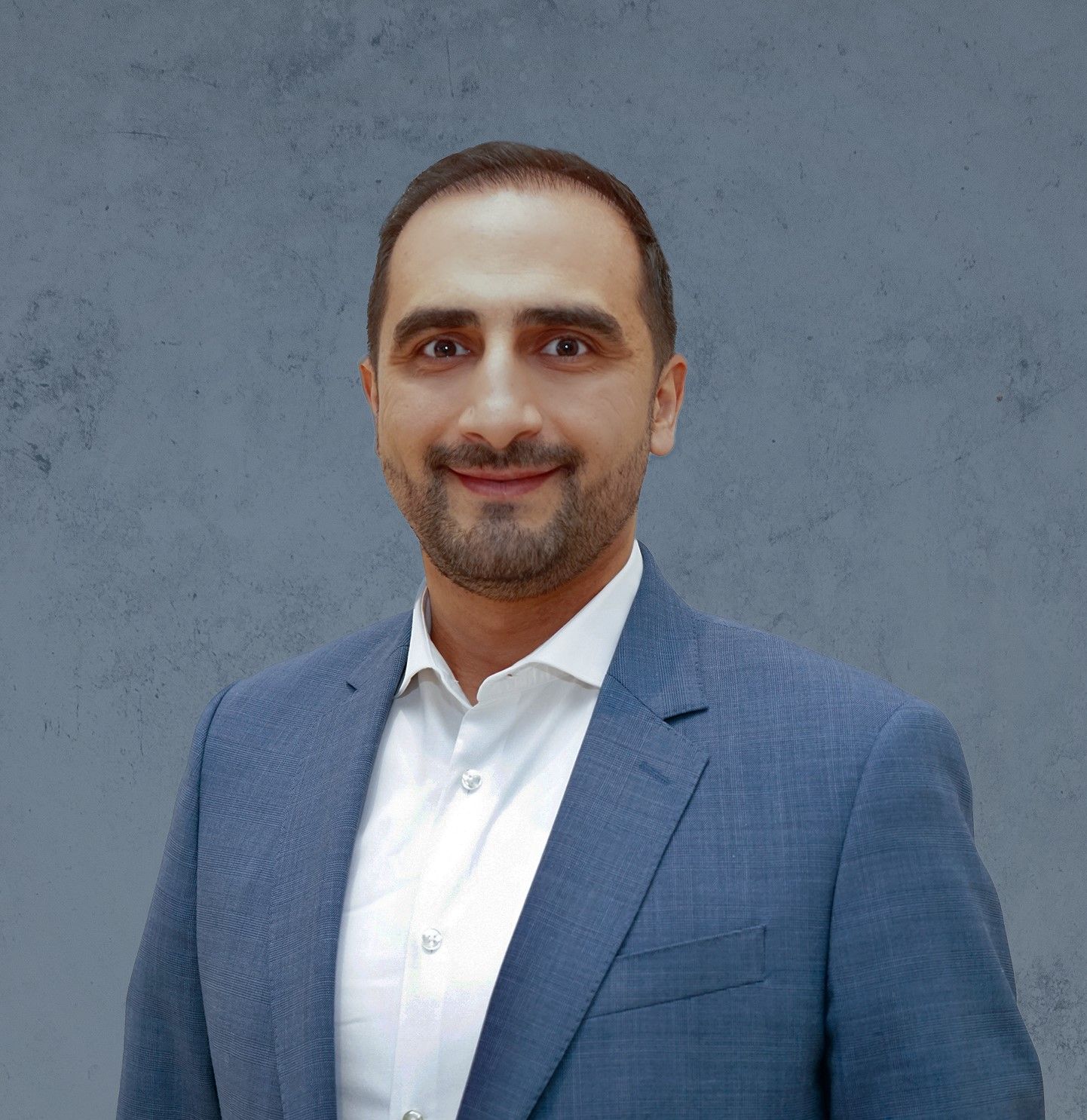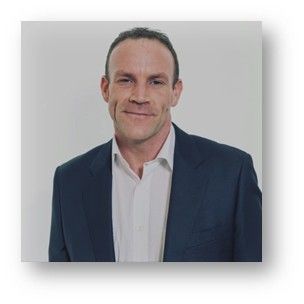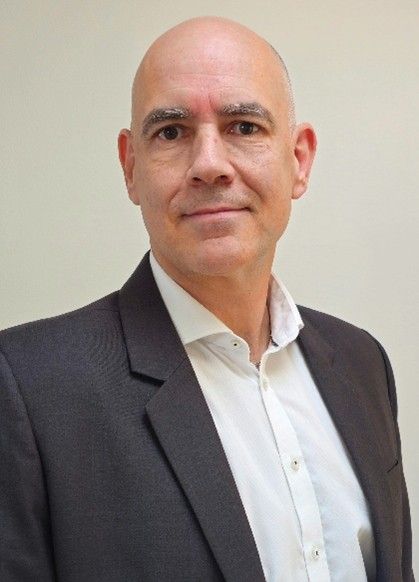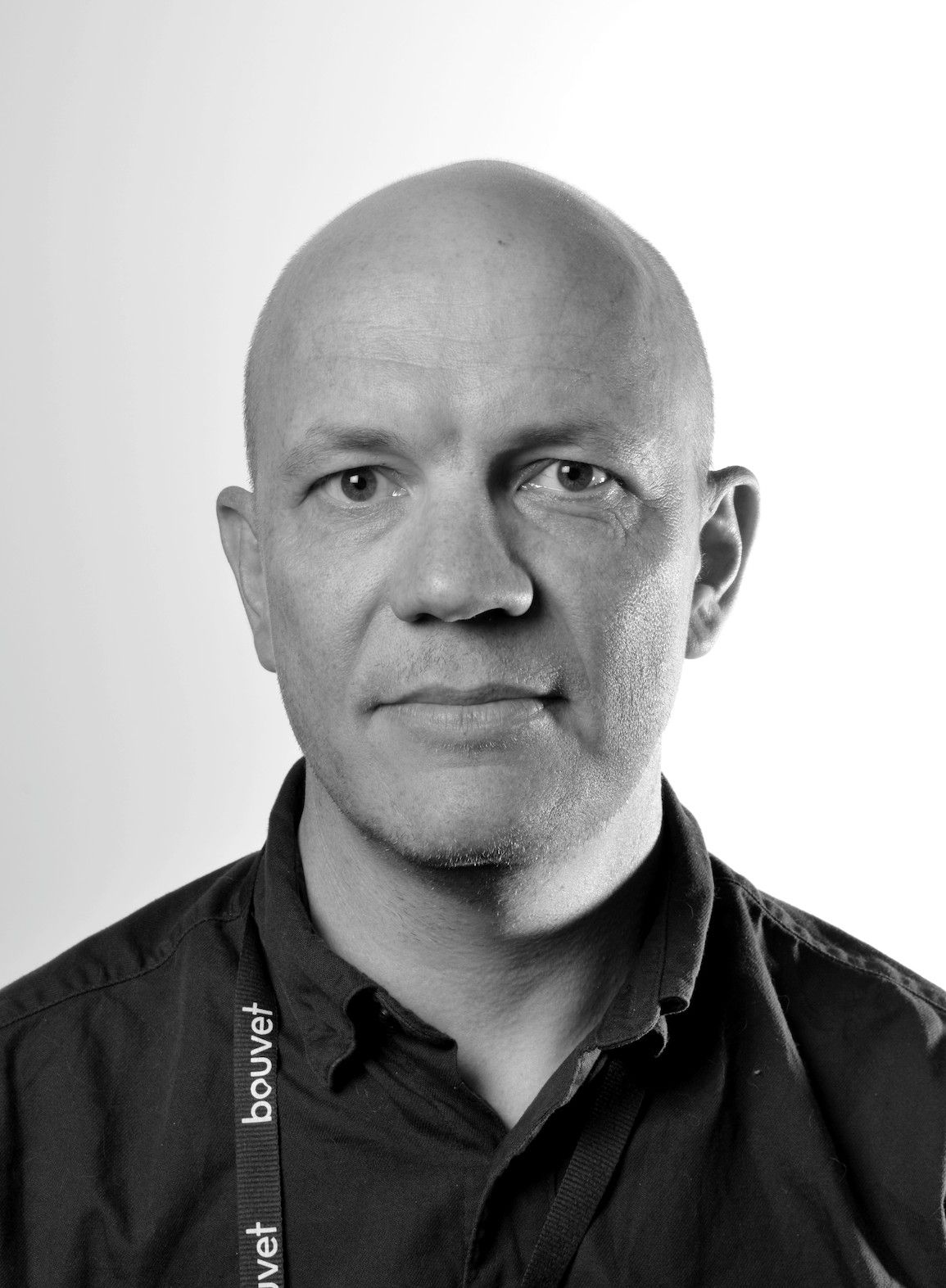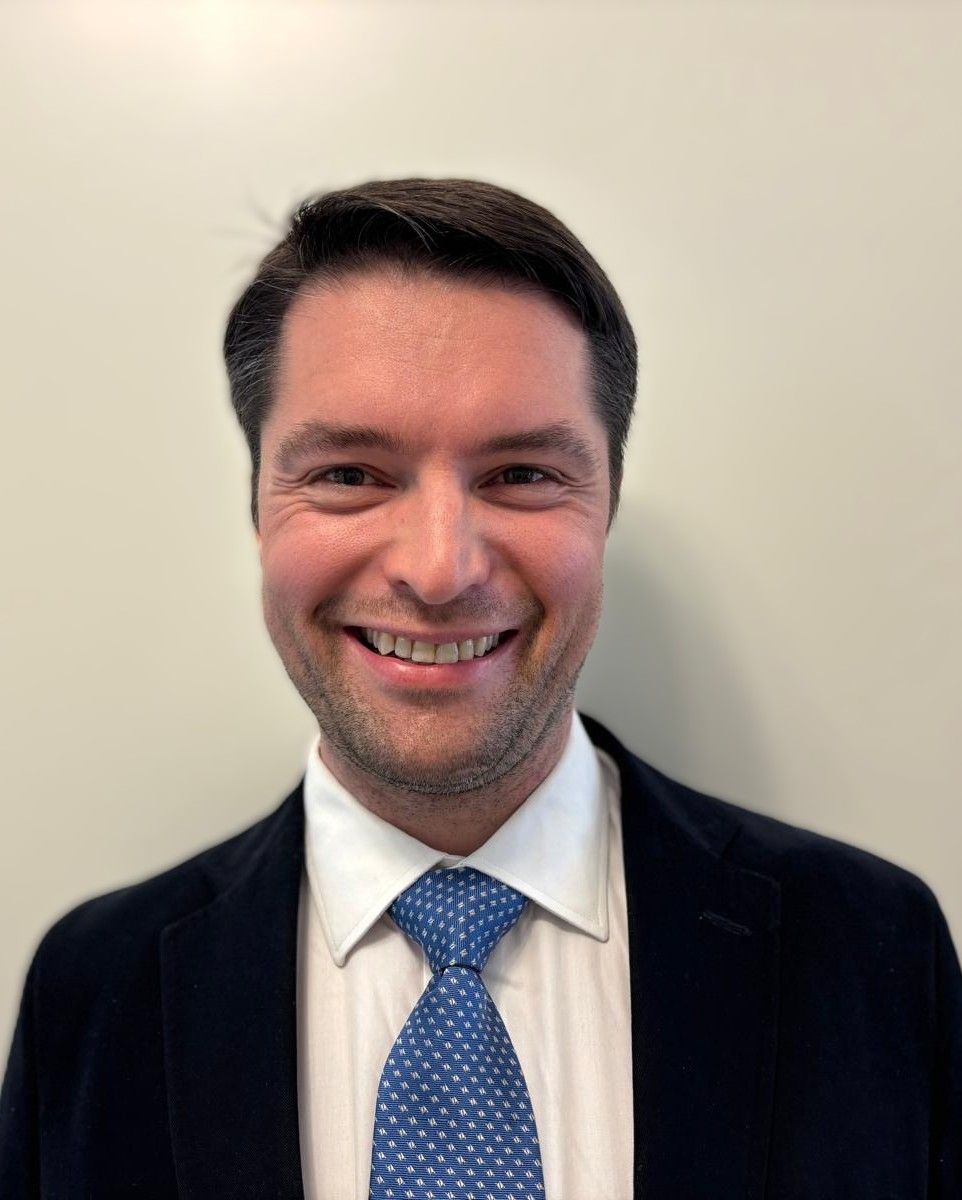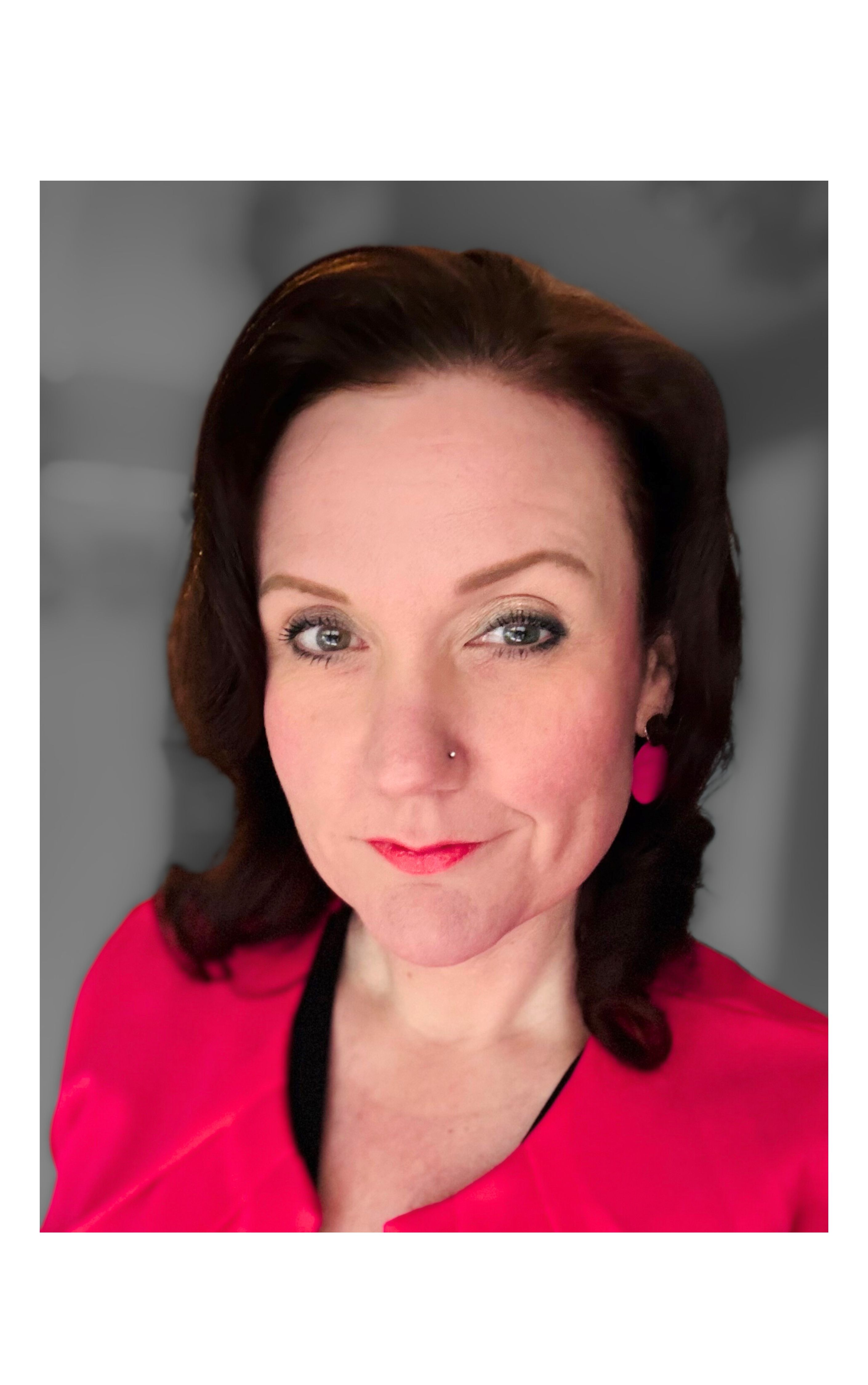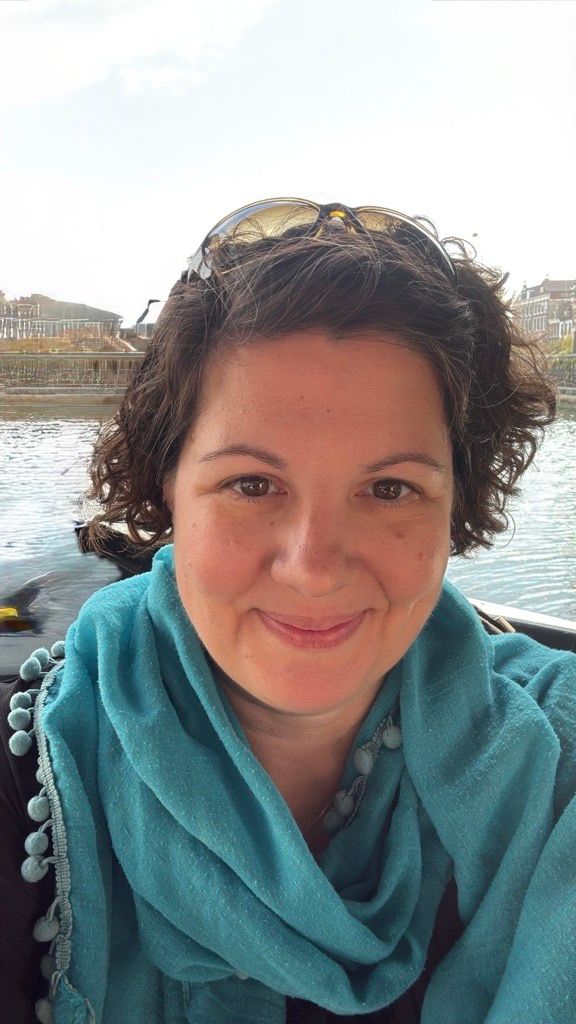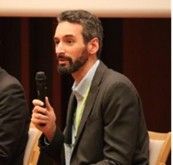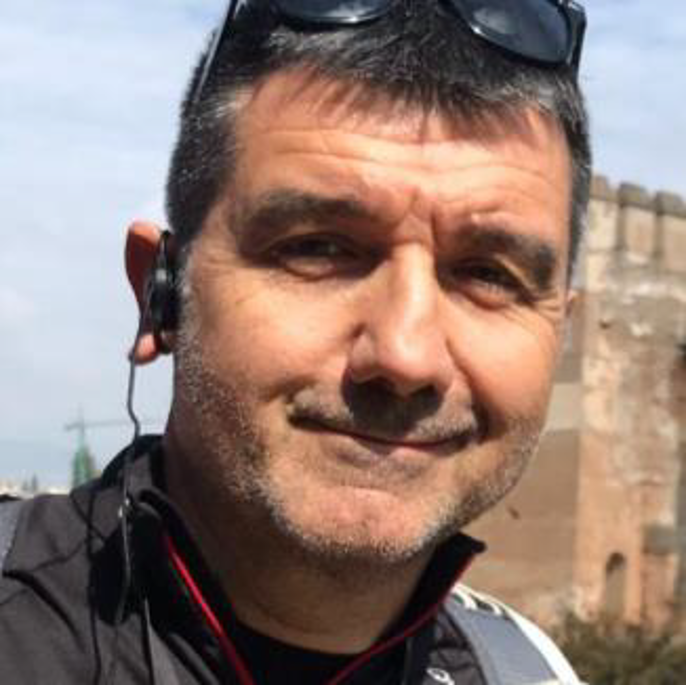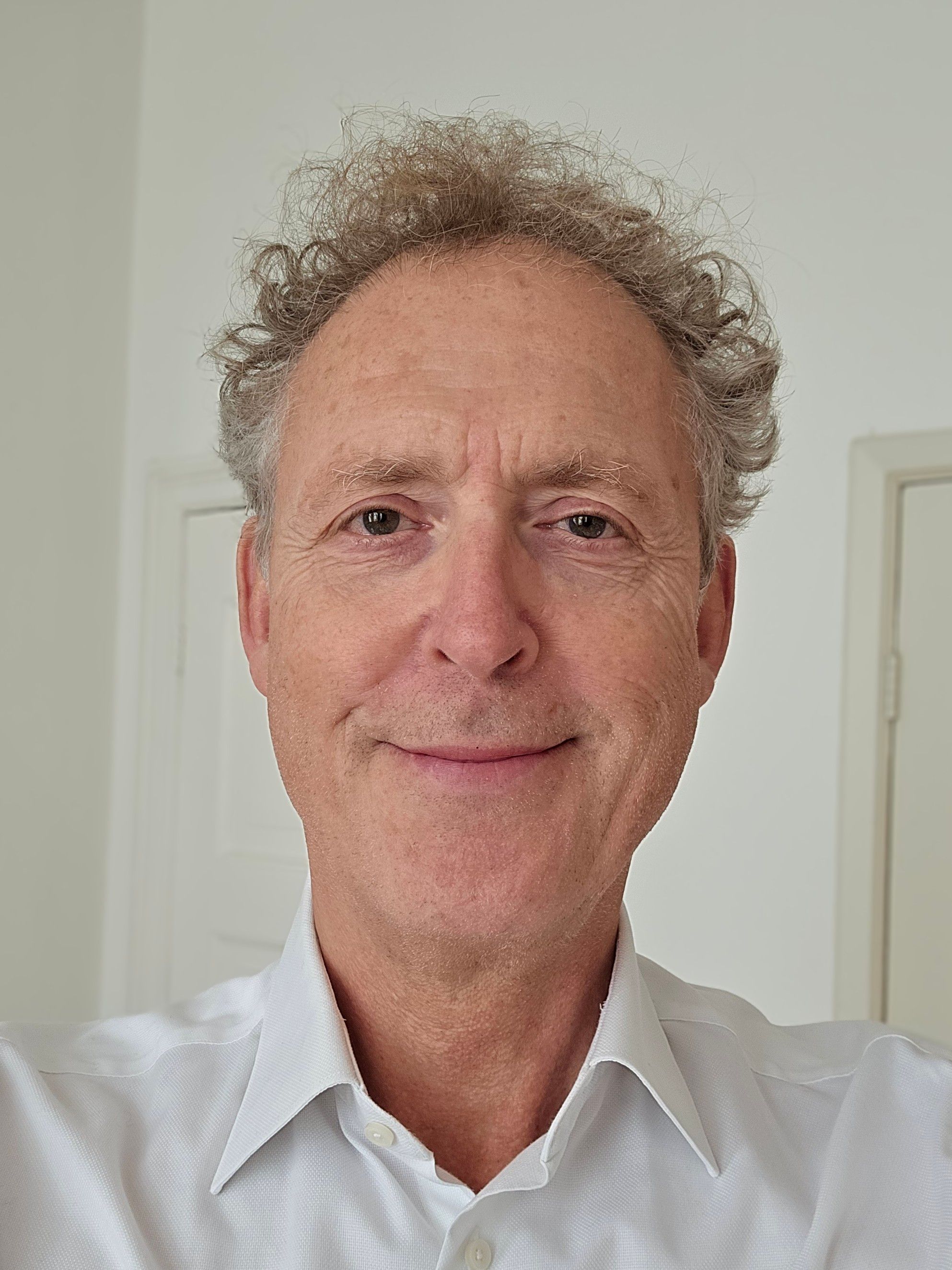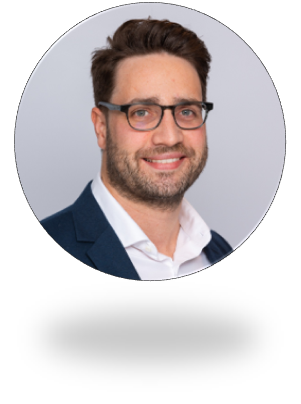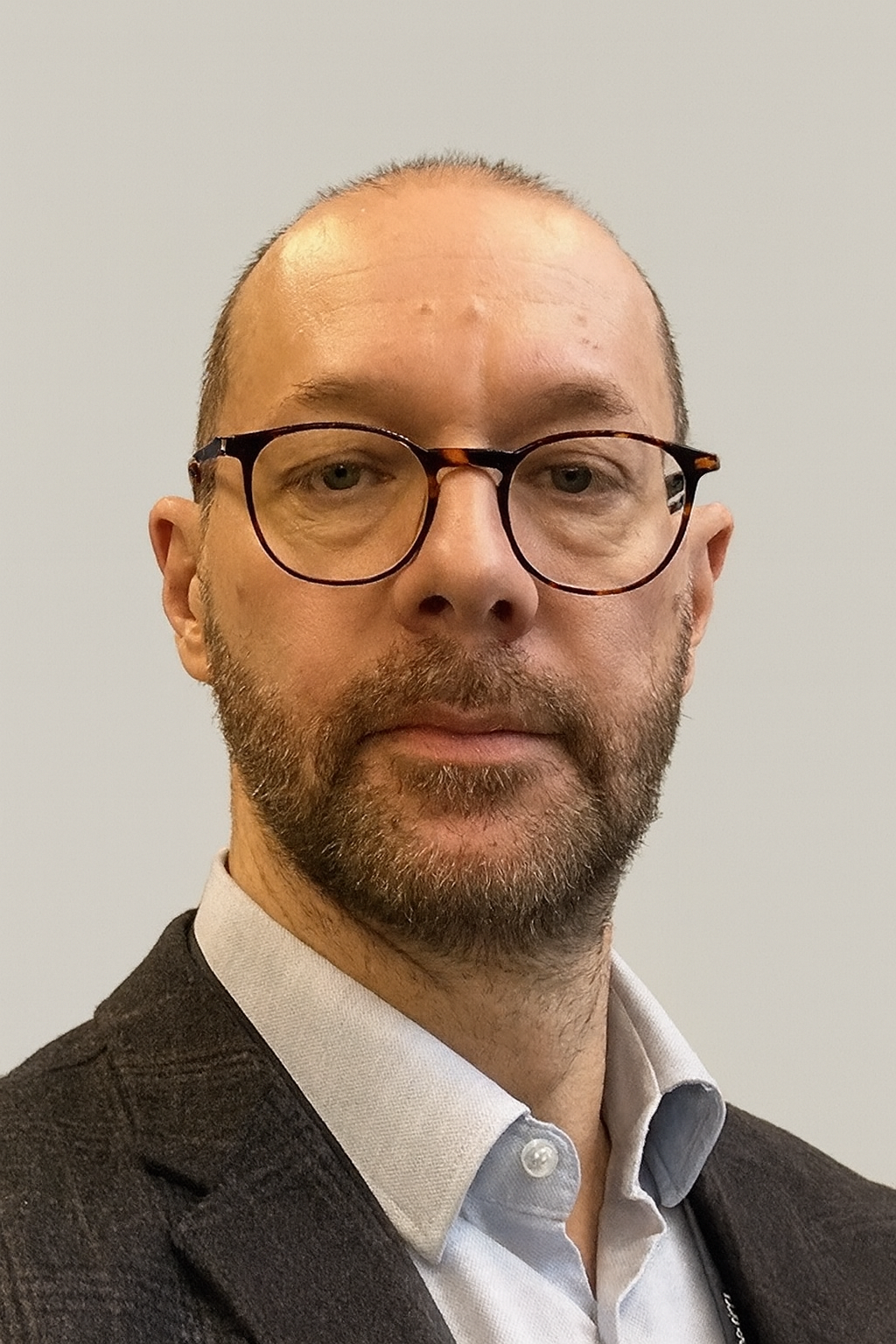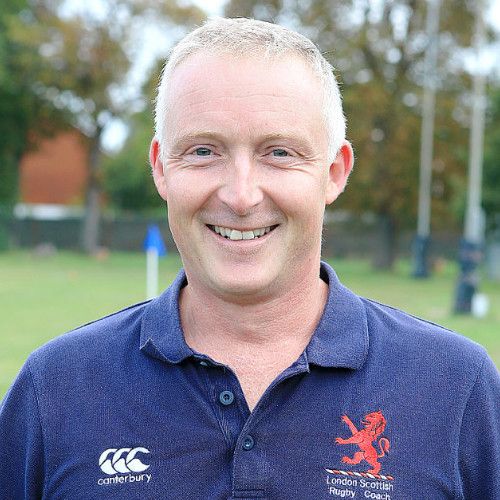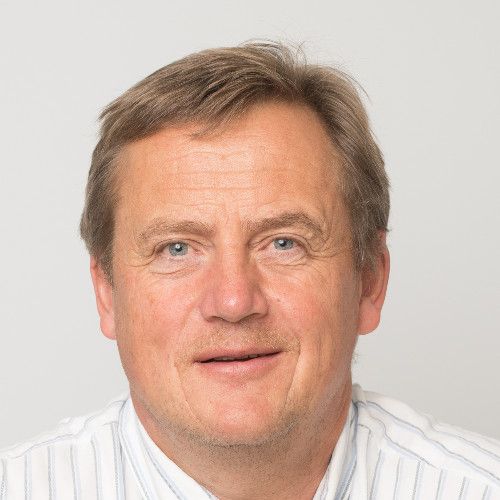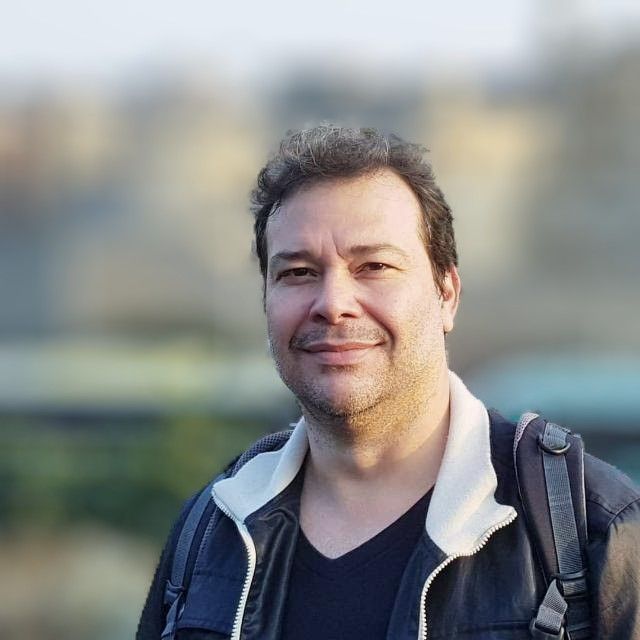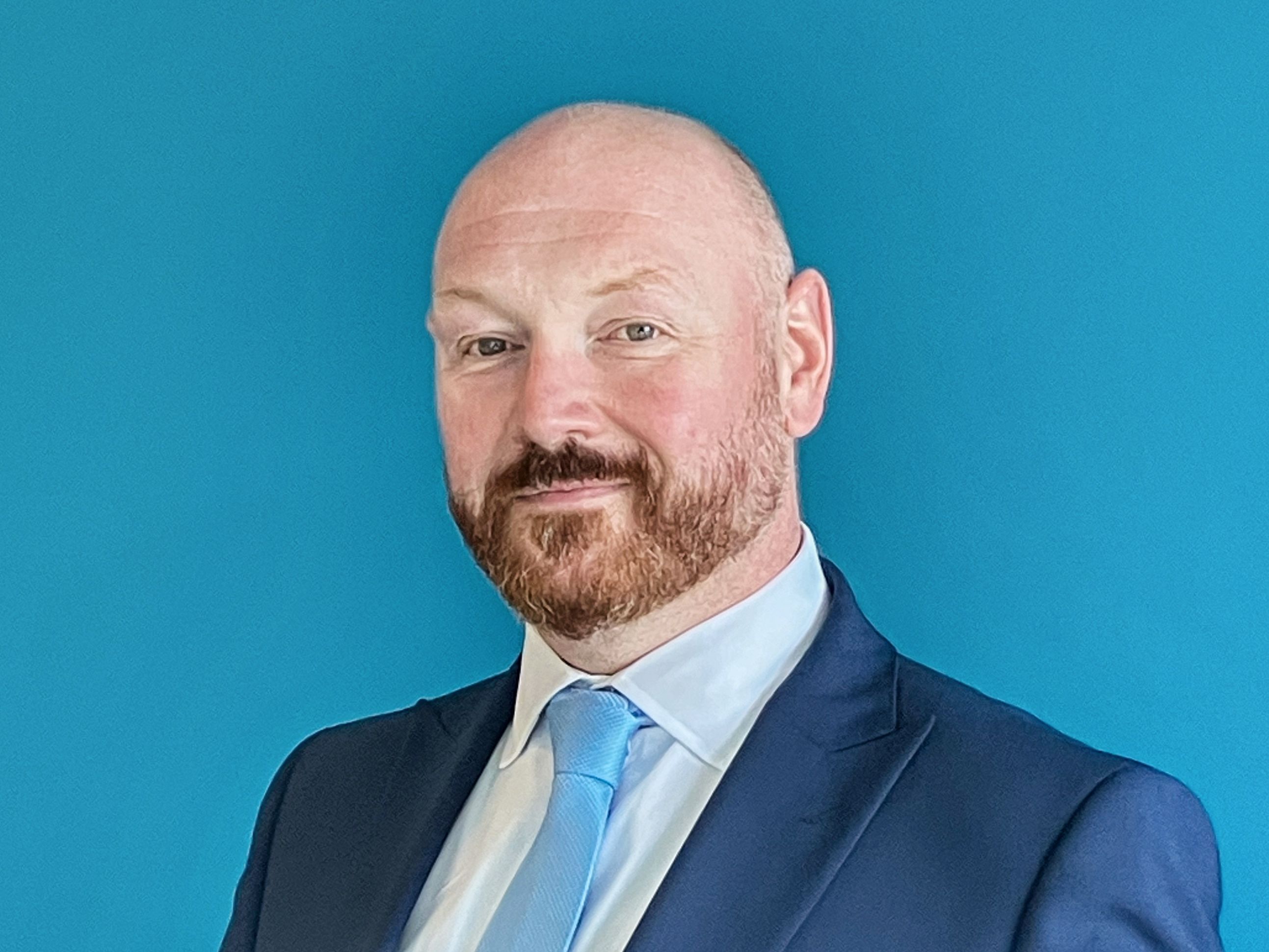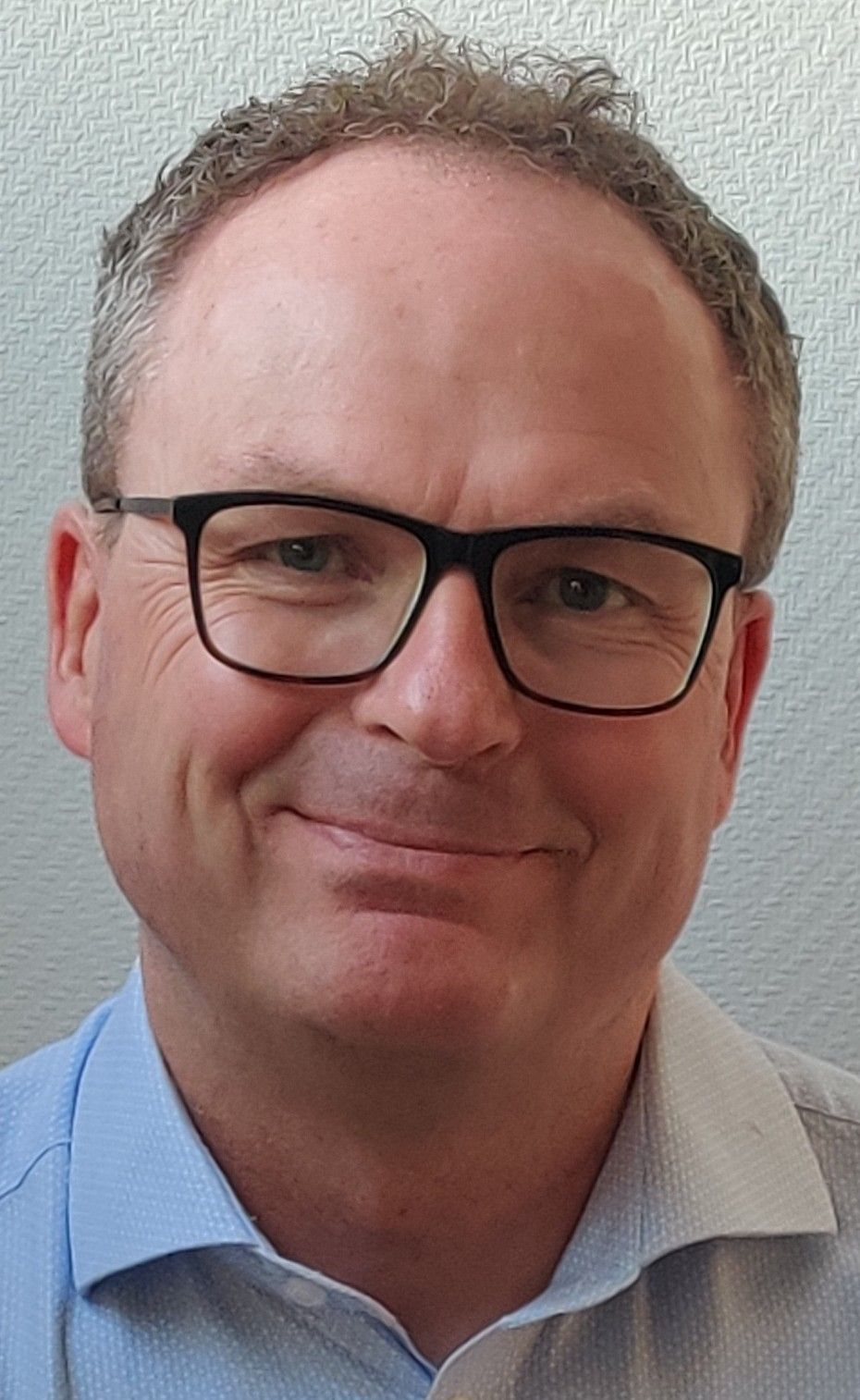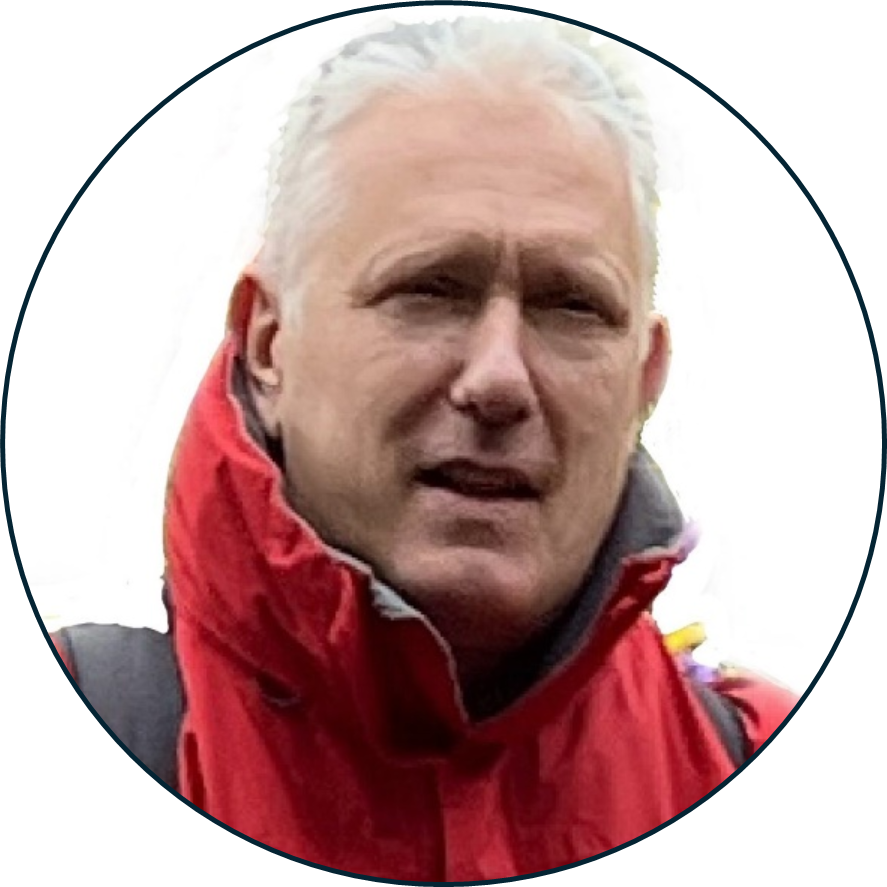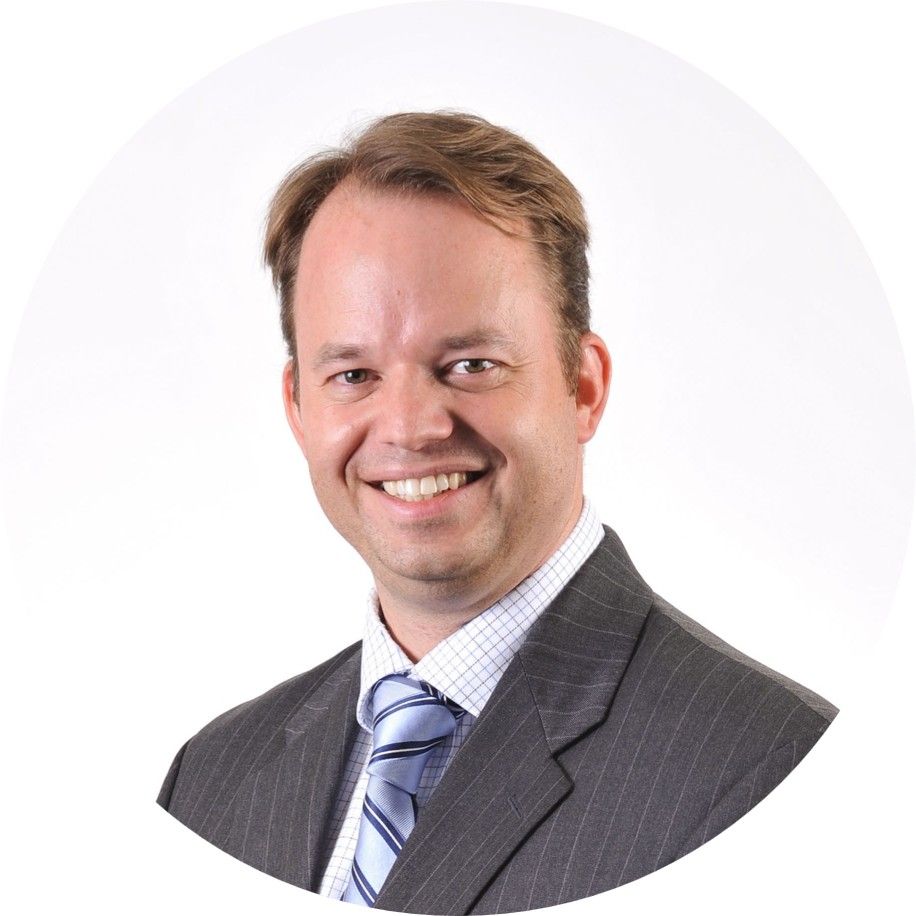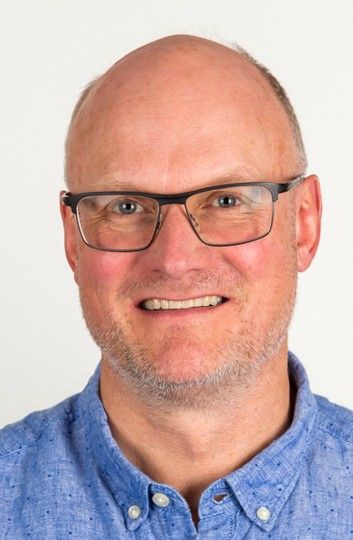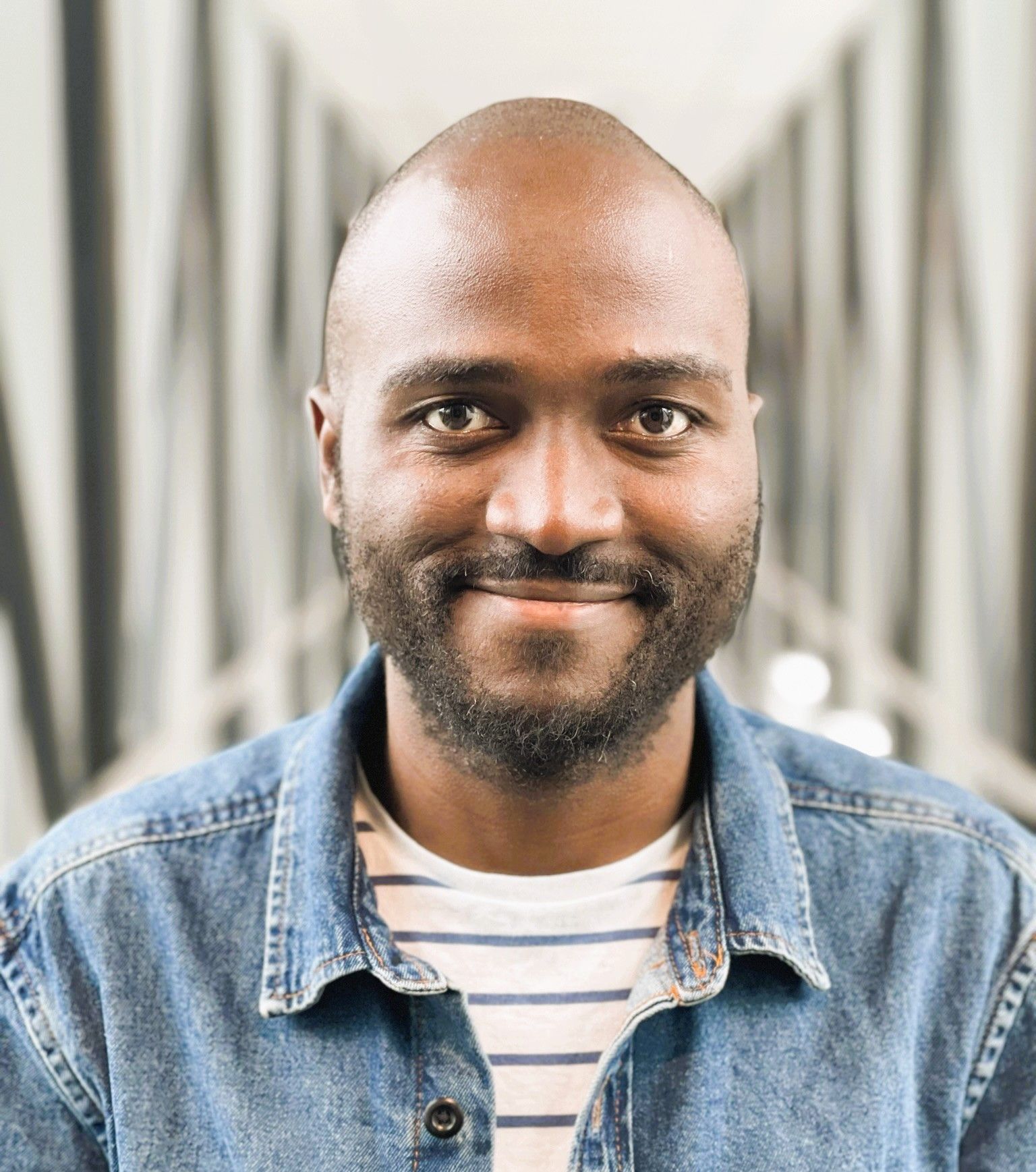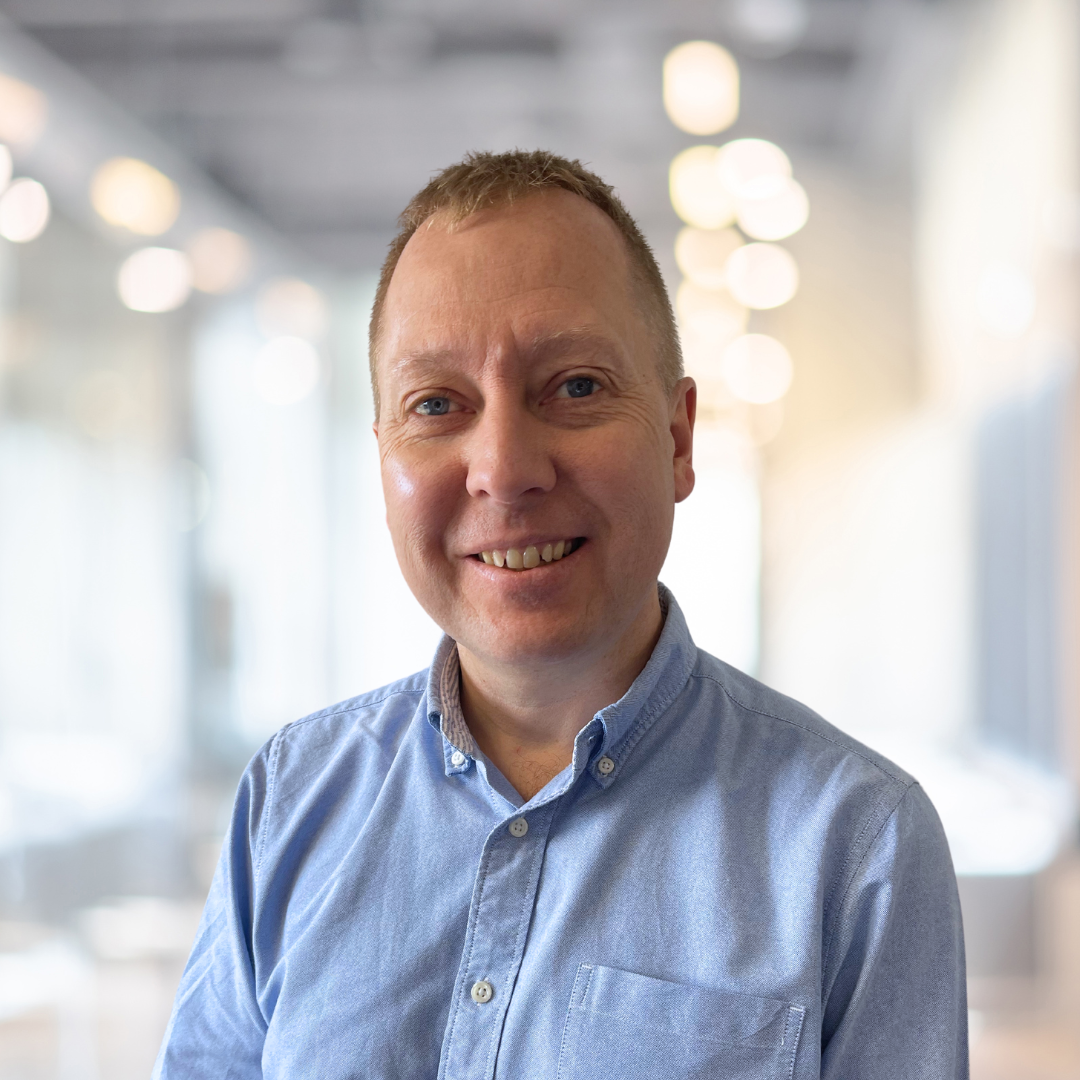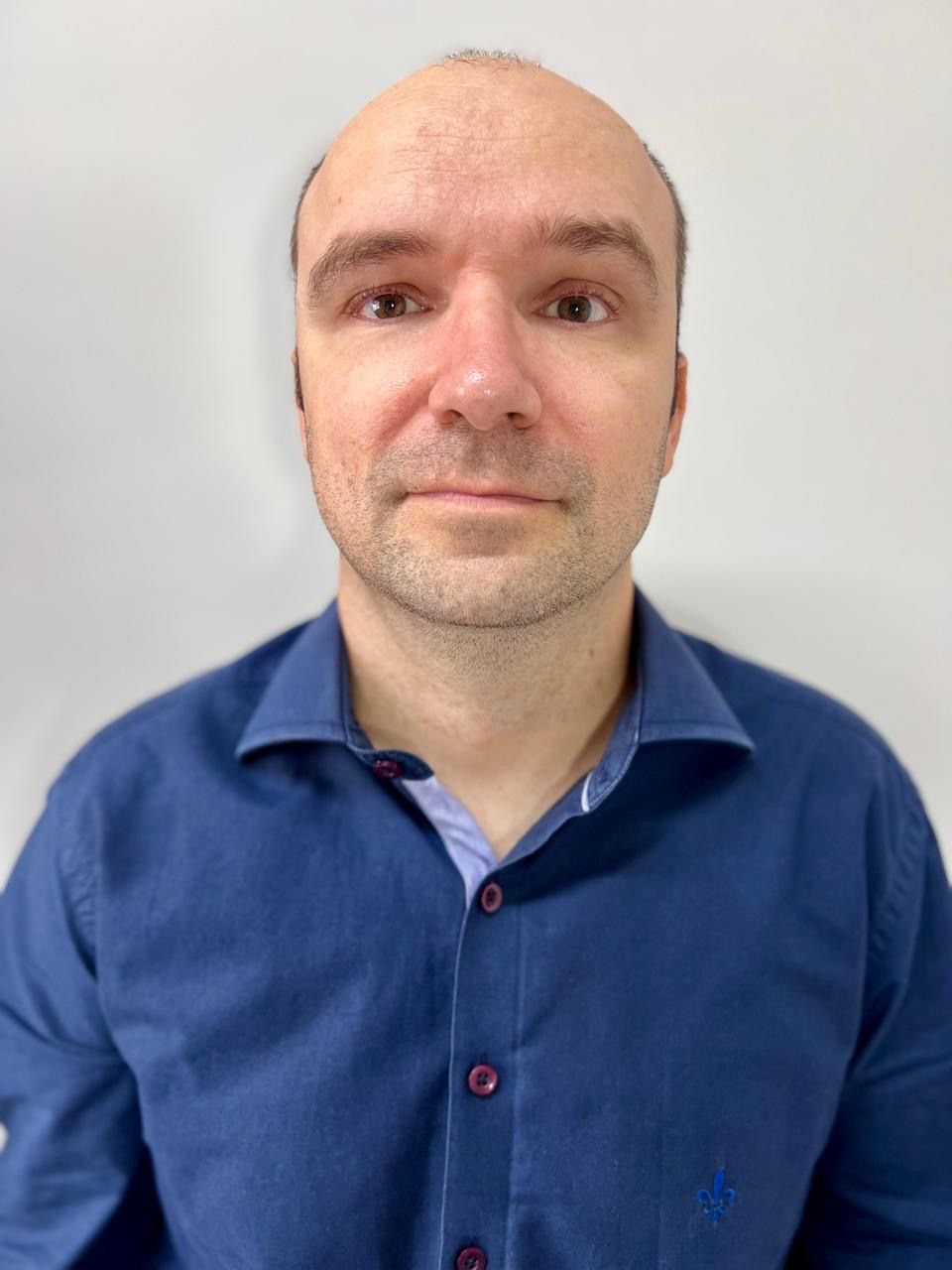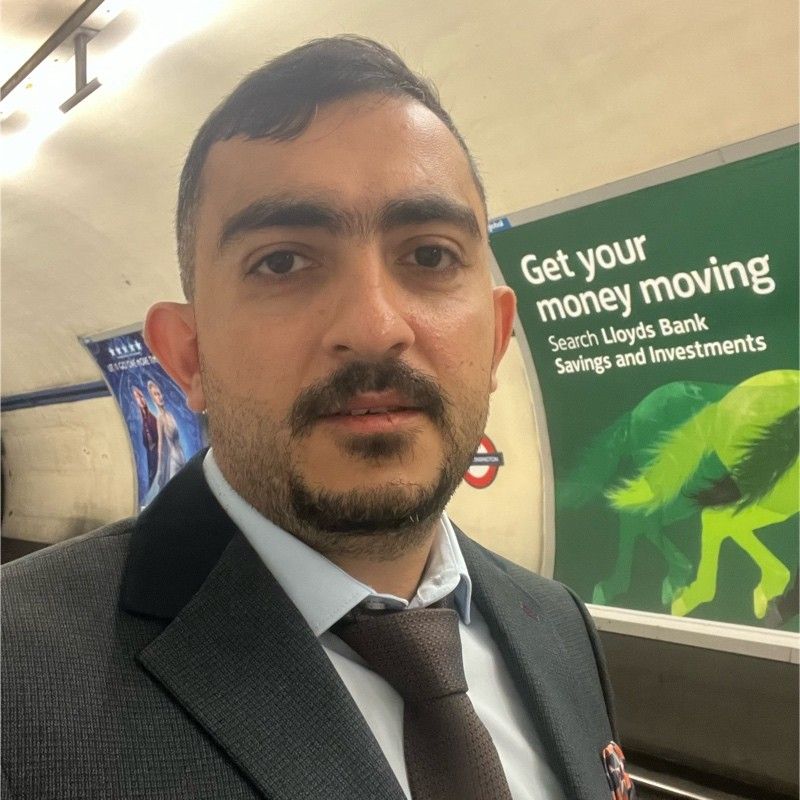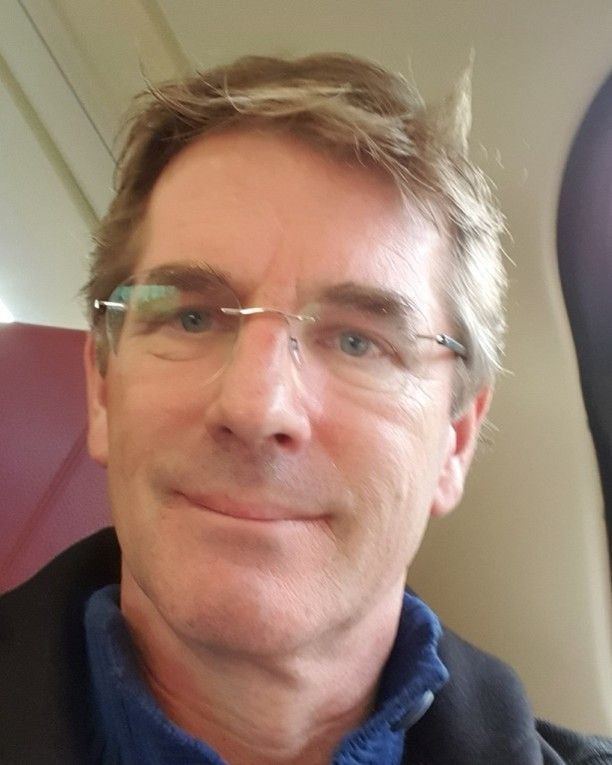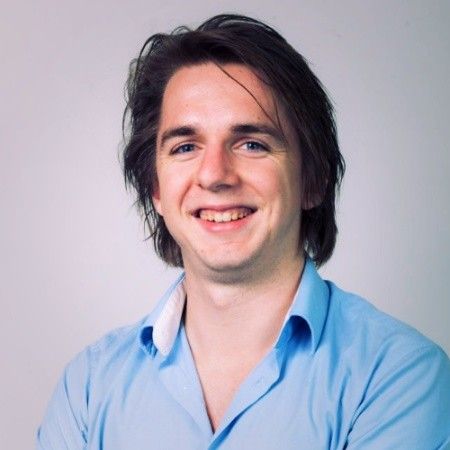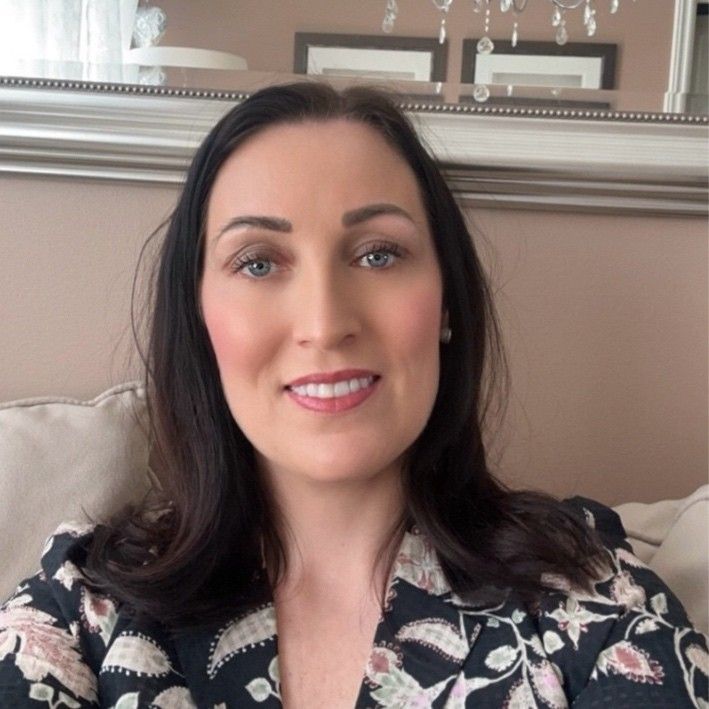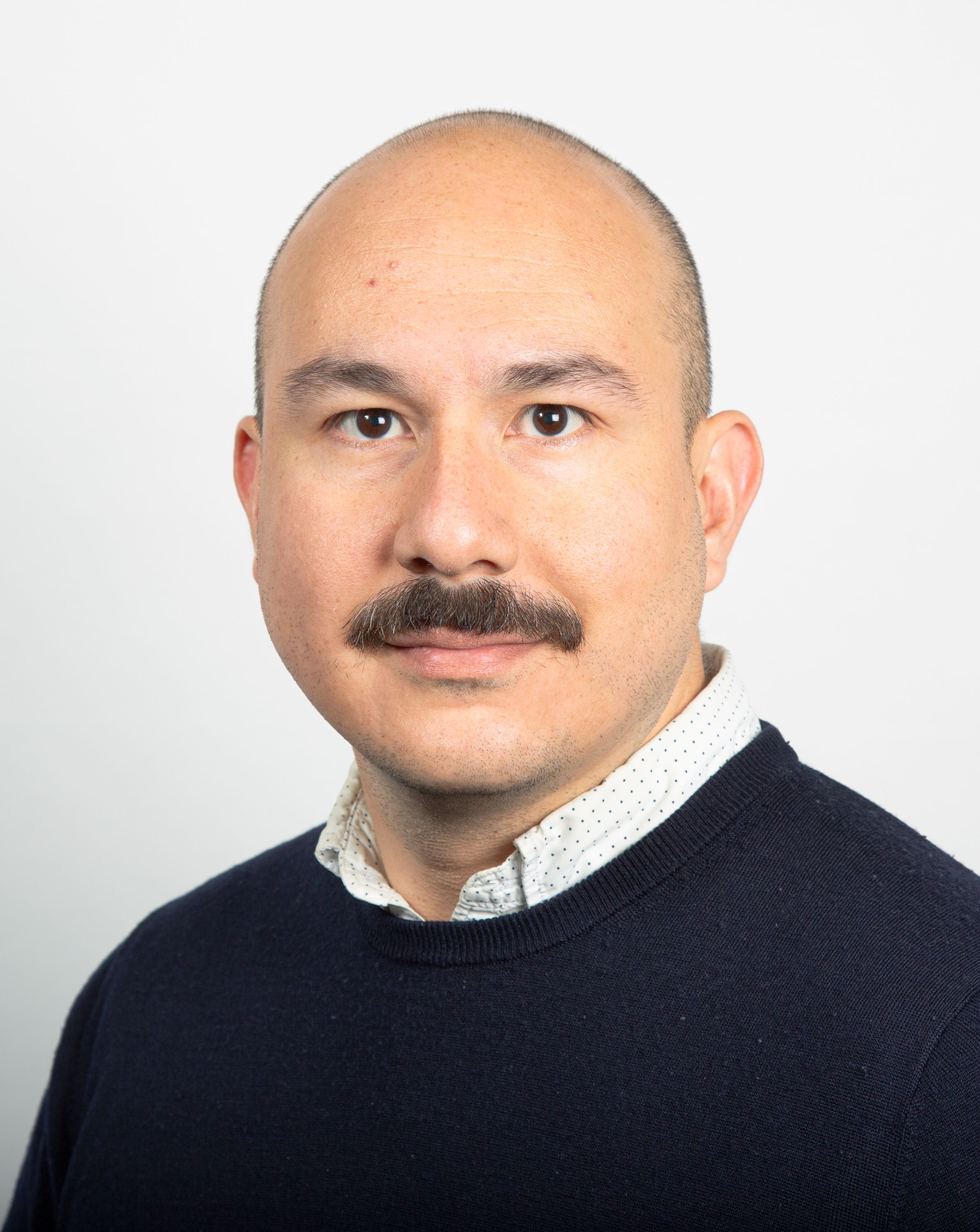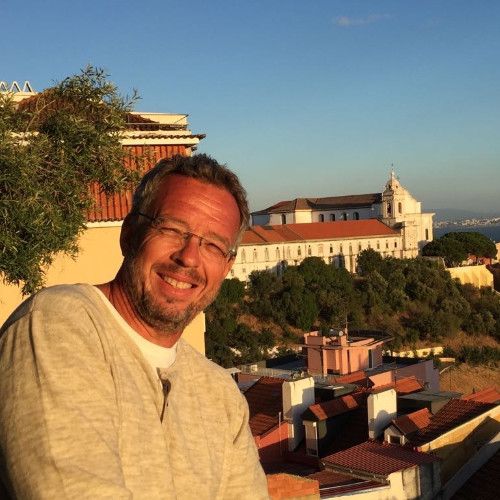-
New York 3 - Foyer60 mins
-
New York 315 mins
-
New York 345 mins
As the global energy sector advances toward decarbonization, engineers are at the forefront of adapting established hydrocarbon systems while integrating emerging low-carbon technologies. This session provides a detailed technical and market outlook on how the industry is evolving across key domains of the energy transition.
Discussions will address the ongoing role of hydrocarbons amid net-zero objectives, alongside project pipeline developments in carbon capture and storage (CCS) and geothermal energy. Offshore spending trends will be examined in depth, highlighting capital expenditure patterns across regions and service segments, including new drilling, well intervention, and maintenance.
The session will also explore project sanctioning activity and Final Investment Decision (FID) trends, with a regional focus on the North Sea and a comparative analysis of the UK and Norwegian markets. Additional topics include the implementation of digital oilfield technologies and their operational impact, consolidation trends among operators and service providers, and an outlook for the rigs and vessels market.
Together, these discussions will provide technical professionals with a comprehensive view of the engineering, operational, and market factors shaping the upstream sector’s path through the energy transition.
Speaker
0815-0900: Energy Supply Chain Trends and Market Insights, Anya Albot, Rystad
Chairperson
-
New York 390 mins
This session explores the growing role of artificial intelligence in well integrity, highlighting both opportunities and risks in safety-critical applications. Presentations will cover practical applications across the industry, including AI-driven generation of well barrier schematics, advanced data visualizations, and predictive models that support well integrity decision making. Attendees will gain insights into how AI can enhance operational efficiency while understanding the safeguards needed to ensure reliability.
Speakers
0900-0925: AI and Safety, Linn Iren Bergh, Havtil
0925-0945: Using Gen AI in Building Well Illustrations, Ahmad Naim Hussein, SLB
0945-1005: Automated Advisory Engine: Accelerating Decision Making in Well Integrity, Tom Reeve, Anasuria; Martin Hansen, Evoilve
1005-1030: Wise Guy: Practical Strategies for adopting an AI agent in Well Integrity, Thorjan Knudsvik, Bouvet; Jørgen Bugg-Mahrt, AkerBPChairpersonSpeakers
-
New York 3 - Foyer30 mins
-
New York 390 mins
The session explores the fundamentals of the geogolgy and permanent well barriers, and a methodology to quantify the potential for leaks. It aims for the panel and audience to have a discussion around how we think about the risks.
Speakers
1100-1130: The Trouble with Rocks, Ruth Thomas, Wellsafe
1130-1200: The Trouble with Annulus Barrier Verification, Sigrid Kramer, AkerBP
1200-1230: The Trouble with Hydraulic Isolation, Clément Joulin, Net Zero GeosystemsChairperson
-
Brussels 460 mins
-
New York 390 mins
This session focusses on Well Integrity for existing and future CCS projects. Best practices from oil and gas well integrity can support CCS projects, however, gaps still exist – in particular with depleted gas field CO2 injection. This year we will show case projects that have injected CO2 or have taken FID, and learn about the status of global CCS projects. Participants will learn about the well integrity lifecycle of actual CO2 injection wells, repurposing of oil and gas wells for CCS, CO2 storage/injection permitting, and future well interventions for CCS.
Speakers
1330-1345: Interactive kick-off: Your guide to what’s next
1345-1400: The Sound Paths of Fluids: from Leaks to Bulk Flow in CCS Environment, Giuseppe Galli, Eni
1400-1415: Well Integrity Learnings of the Porthos CCS Project, Frans Smits, ebn
1415-1430: Well Integrity Challenges & Learnings, Stian Tysnes Hauge, Northern Lights JV DA
1430-1500: Panel discussionChairperson
-
New York 3 - Foyer30 mins
-
New York 390 mins
During session 4, participants will initially learn about and discuss some specific integrity issues with potential to create significant complications for P&A operations: gas migration, trapped pressure, flow behind casing, overburden issues, structural problems... before finally discussing specific challenges from a recent decom project on the NCS, with real-life problems to be addressed (showing how challenging actual operations can be, against those initially envisaged at the design stage).
This will also be our last session for day 1 and we expect this to lead to great conversations during the Social eventSpeakers
1530-1600: Unseen Paths: Diagnosing Complex Well Integrity Failures, Iain Whyte, Islay Subsurface & Engineering
1600-1630: Is it bad, Doctor? Modelling A-Annulus, APB, and Structural Well Integrity Challenges, Ruggero Trevisan, Altus Well Experts
1630-1700: P&A Experience Transfer from Valhall & HOD, Kjetil Vadset, AkerBPChairperson
-
New York 320 mins
Speakers
Beyond Compliance: Building a Culture of Well Integrity, Mayra Aquino, GMVi
-
New York 3 - Foyer60 mins
-
New York 260 mins
This session will paint a picture of the state of current research on emissions from onshore wells, and offshore wells (recent focus).
Join us for breakfast and engaging discussion.
Presentations
Methane emissions from onshore wells, Mary Kang, McGill
Methane emissions in the offshore environment, Martin Wilpshaar, TNO
-
New York 390 mins
Explore a range of approaches for RA/QRA with brief presentations and an interactive panel discussion. Themes may include:
• Methodologies for well integrity risk assessment, with pros and cons.
• What managers want and what well integrity engineers need from risk management - balancing well safety with production.
• Why some operators chose QRA for well integrity and blowout risk assessment.
• Concepts and systems used for critical rig operations risk management.
• Using RA for resource optimisation, focussing on safety, economics and portfolio risk.
• The role of company boards, operations and regulators. Common failures in WIRA and ideas to tackle that.
• Working with regulators with inconsistent views of risk.
• The importance of good data for critical components and applications, and what can be done when data isn’t perfect.
• Project case studies – examples of good RA leading to better decisions and valuable outcomes.Panelists
- Graham Skinner, OEUK
- Håvard Brandt, DNV
- Luciano Almeida, Petrobras
- Kjell Corneliussen, Peloton
- Fabrizio Zausa, Eni
ChairpersonSpeakers
-
New York 3 - Foyer30 mins
-
New York 390 mins
Many assets across the globe tend to stay in production beyond the initial design life of typically 20-25 years. Lately it has become evident that extending the production life need attention from a well integrity point of view. To demonstrate that we have the necessary integrity for another x number of years ahead, careful assessments of the defined well barrier elements must be conducted. But not only the well barrier elements are of importance - later experiences shows that also the parts of the wells that constitutes the structural integrity need to be assessed. In this session we will hear and discuss experiences and how different operators handle the life extension work and from a regulators point of view.
Speakers
1100-1130: Life Extensions (LTE) of Well Constructions Beyond Original Design Life, Arne Lyngholm, Equinor
1130-1200: Making Well Lifetime Extension Decisions (in the Context of Aging Infrastructures), David Semwogerere, NTNU
1200-1230: The Importance of Open Water Completion and Workover Riser Integrity when Undertaking Well Intervention Activities, Ben Cannell, AquaterraChairperson
-
Brussels 460 mins
-
New York 390 mins
Over the years our industry has collectively strived to improve productivity, safety, economics and environmental stewardship. In a perfect world there is equal attention and focus attributed to each.
However, the reality is that despite our best efforts and due to various constraints, these topics are often imbalanced (and sometimes conflicting).
The objective of the Best Practices and Pain Points in Well Integrity session is for knowledge sharing of “real-world” experiences of operators describing their journeys towards effective well integrity management processes.Speakers
1330-1400: Embedding Well Integrity Excellence from Day One, Hikmat Hasanov, Trident Energy
1400-1430: Introducing New Technologies in the Dutch Offshore, Mark Salemink, Total Energies; Joey Guerrero, SodM
1430-1500: Best Practices and Pain Points During Vår Energie’s Well Integrity Journey, Birgit Vignes, Vår Energie; Silje Haresta, Vår EnergieChairpersonSpeakers
-
New York 3 - Foyer30 mins
-
New York 390 mins
The critical role of human and organisational factors in maintaining well integrity across the full lifecycle
Speakers
1530-1545: Organisational barriers to ensure competency, Federico Perales, Norwegian Ocean Industry Authority
1545-1600: Lifecycle well integrity competency management system (CMS), Natasya Maura, Harbour Energy
1600-1615: Well Integrity training and development, George Galloway, IWCF
1615-1630: Organisational barriers to ensure competency, Ron Leichsenring, SodM; Nina Ringøen, Havtil
1630-1700: Panel DiscussionChairpersonSpeakers
